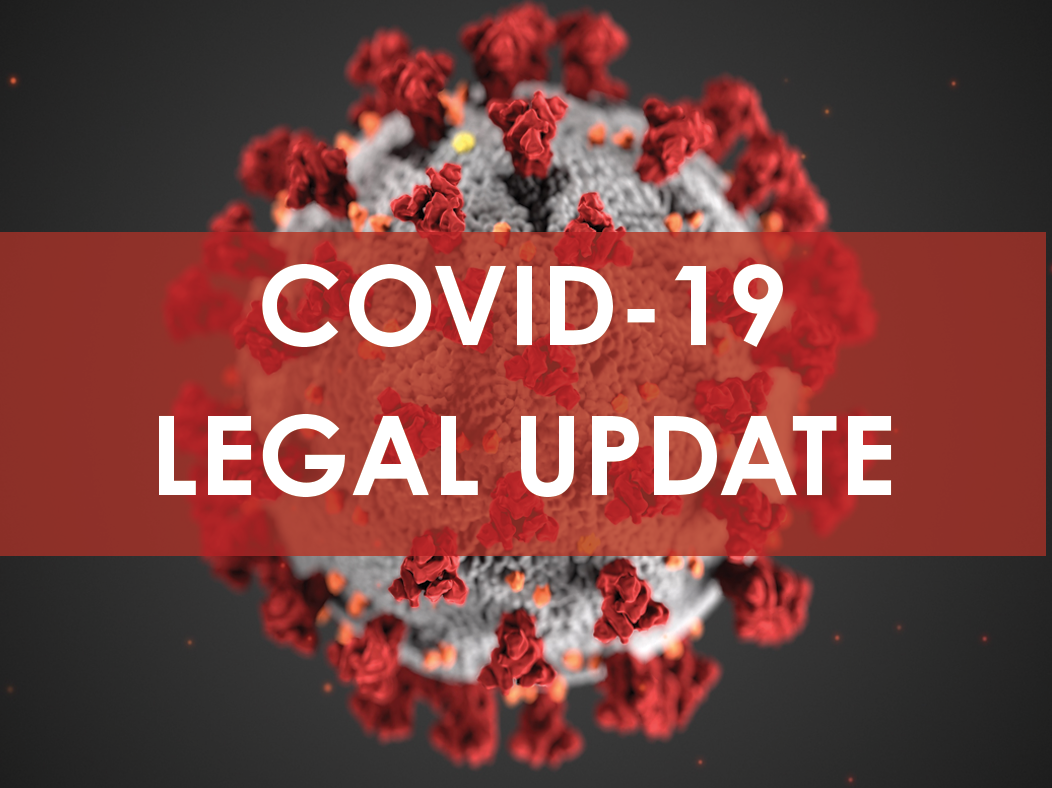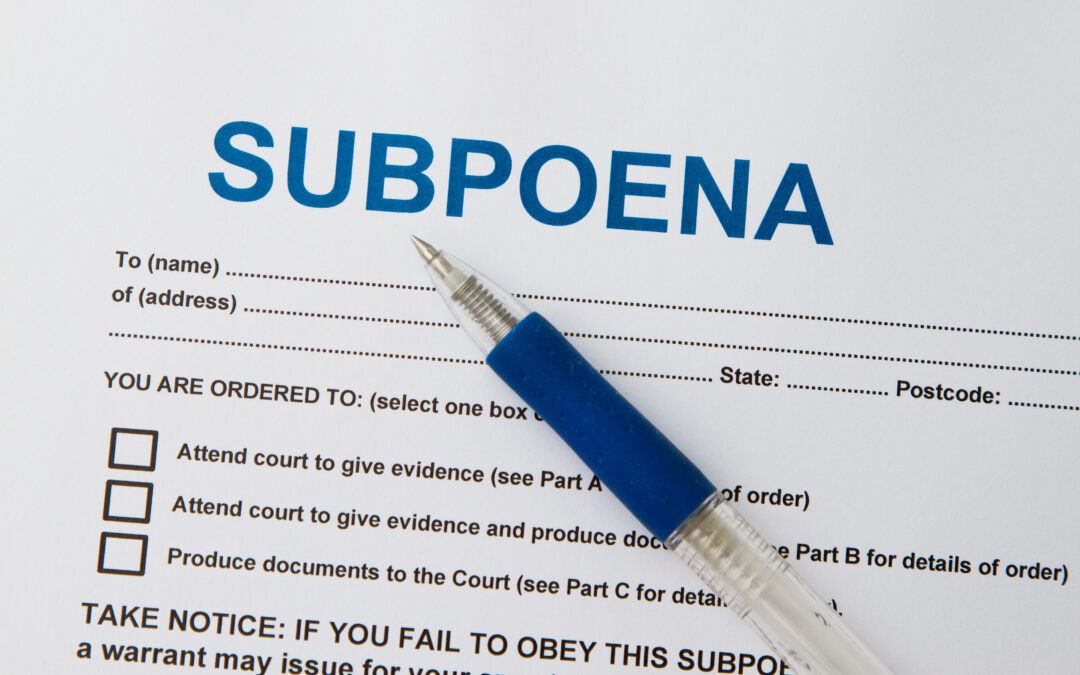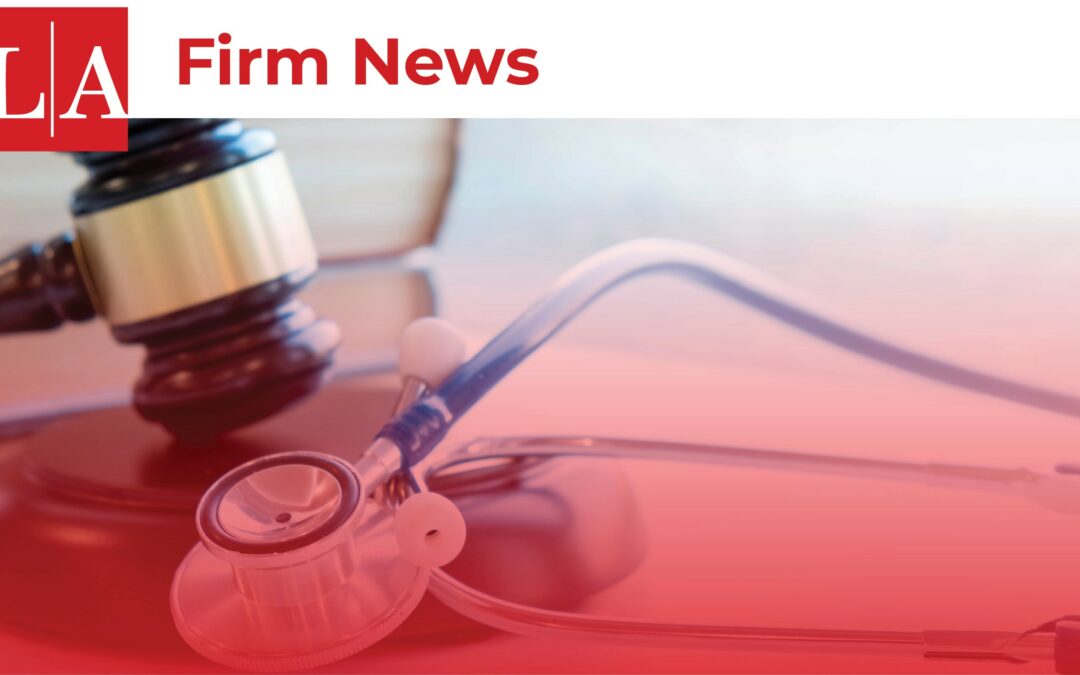The federal government has taken further action on the Paycheck Protection Program (“PPP”), with additional action expected very soon:
On April 24, 2020, the Paycheck Protection Program and Health Care Enhancement Act (“PPP-HCEA”) was signed into law by President Trump. The new law comes after the original funding for small business loans under the PPP loan program in the Coronavirus Aid, Relief, and Economic Security (“CARES”) Act ran out of money on April 17, 2020. While the PPP-HCEA infuses an additional $310 billion into the PPP loan program, there are no substantive updates regarding the eligibility to receive a loan, the use of loan proceeds, potential forgiveness of the loan, or any other material requirements under the PPP loan program found in the CARES Act.
On April 23, 2020, the Small Business Administration (“SBA”) updated its “Frequently Asked Questions” or “FAQ” guidance regarding the PPP loan program. In the new FAQ #31, the SBA emphasizes that “all borrowers must assess their economic need for a PPP loan under the standard established by the CARES Act and the PPP regulations at the time of the loan application” and “certify in good faith that their PPP loan request is necessary.” Specifically, all borrowers” should review carefully the required certification that ‘[c]urrent economic uncertainty makes this loan request necessary to support the ongoing operations of the Applicant.’ Borrowers must make this certification in good faith, taking into account their current business activity and their ability to access other sources of liquidity sufficient to support their ongoing operations in a manner that is not significantly detrimental to the business” (emphasis added). According to the SBA, any borrower that applied for a PPP loan prior to the issuance of this FAQ #31 and repays the loan in full by May 7, 2020, will be deemed by SBA to have made the required certification in good faith. In new regulations issued on April 24, 2020, the SBA characterizes the period to repay the PPP loan as a “safe harbor” that is “necessary and appropriate to ensure that borrowers promptly repay PPP loan funds that the borrower obtained based on a misunderstanding or misapplication of the required certification standard.”
Now that PPP loans are in the process of being disbursed to borrowers, many questions have arisen regarding the requirements for loan forgiveness. When the SBA issued its Interim Final Rule regarding the PPP loan program on April 2, 2020, it stated that “SBA will issue additional guidance on loan forgiveness.” According to the CARES Act, the SBA is required to issue guidance and regulations implementing the forgiveness provisions of the PPP loan program no later than April 26, 2020. We will provide further updates after these regulations are released.
The COVID-19 pandemic and response is an evolving situation. All levels of government are engaged in the process of preparing new legislation, regulations and orders both to stem the spread of the virus and to provide relief to employers and employees. We will continue to monitor the situation and provide updates as applicable, especially as such updates affect healthcare providers and their practices.
For more updates on this topic and other legal updates related to the COVID-19 pandemic, please visit our COVID-19 Legal Resource Page by clicking here.


